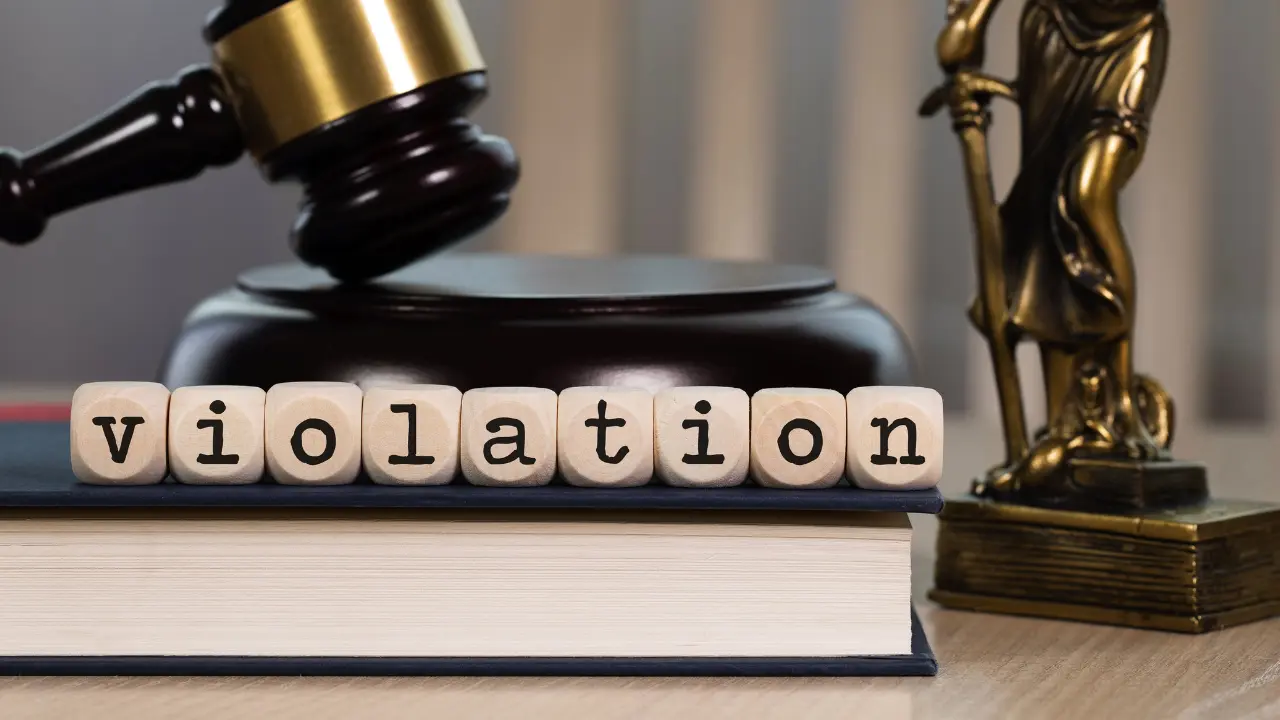Understanding Catastrophic Injury Litigation
Accidents can happen at any time, but some injuries are so severe that they change a person’s life forever. These are called catastrophic injuries. When someone suffers such an injury due to another person’s negligence, they may seek legal action through catastrophic injury litigation. This process helps victims recover compensation for their losses, including medical expenses, lost wages, and pain and suffering.
What Is a Catastrophic Injury?
A catastrophic injury is a severe injury that leads to long-term or permanent disability. These injuries often affect a person’s ability to work, perform daily activities, or enjoy life as they once did. Some common types of catastrophic injuries include:
- Spinal cord injuries that cause paralysis
- Traumatic brain injuries (TBI) that affect cognitive function
- Severe burns that result in disfigurement
- Loss of limbs (amputation)
- Multiple fractures or serious orthopedic injuries
- Severe organ damage
These injuries require extensive medical treatment, rehabilitation, and ongoing care, which can be costly.
Causes of Catastrophic Injuries
Many catastrophic injuries result from accidents caused by someone else’s negligence or intentional wrongdoing. Some of the most common causes include:
- Car, truck, and motorcycle accidents
- Workplace accidents, such as construction site falls
- Medical malpractice, including surgical errors
- Defective products that cause harm
- Slip and fall accidents
- Acts of violence, including assaults
When an injury occurs due to negligence, the victim has the right to pursue a legal claim.
The Legal Process in Catastrophic Injury Cases
Filing a lawsuit for a catastrophic injury can be complex. The legal process typically follows these steps:
- Consultation with an Attorney: The first step is to meet with a lawyer who specializes in catastrophic injury cases. They will evaluate the claim and determine if there is a strong case.
- Investigation and Evidence Collection: Attorneys gather evidence, including medical records, accident reports, witness testimonies, and expert opinions to build a strong case.
- Filing the Lawsuit: If a settlement is not possible, the attorney will file a formal lawsuit against the responsible party.
- Negotiation and Settlement: Many cases settle before going to trial. The attorney will negotiate with the other party’s insurance company to secure fair compensation.
- Trial: If a settlement cannot be reached, the case goes to trial, where a judge or jury decides the outcome.
Compensation for Victims
Catastrophic injury victims may be entitled to compensation for various damages, including:
- Medical bills (past and future expenses)
- Lost wages and diminished earning capacity
- Pain and suffering
- Emotional distress
- Home modifications and long-term care expenses
- Loss of enjoyment of life
The amount of compensation depends on the severity of the injury and the impact on the victim’s life.
Why Hiring an Experienced Attorney Is Important
Catastrophic injury cases are complex and require deep legal knowledge. An experienced attorney can:
- Gather critical evidence to support the claim
- Negotiate with insurance companies to ensure fair compensation
- Work with medical and financial experts to strengthen the case
- Represent the victim in court if necessary
Having skilled legal representation can make a significant difference in the outcome of the case.
Conclusion
Catastrophic injury litigation helps victims and their families seek justice and financial security after a life-changing accident. These cases require a thorough legal approach to ensure fair compensation for medical care, lost wages, and emotional suffering. If you or a loved one has suffered a catastrophic injury due to someone else’s negligence, consulting a skilled attorney can help you understand your rights and take the necessary steps toward recovery.







